Manly Ferry: Last ditch effort to save ‘iconic’ ferries made by Northern Beaches Council
The Northern Beaches Council has joined the fight to save the “iconic” Freshwater class ferries which Transport for NSW is looking to ditch and replace with faster, Emerald class vessels.
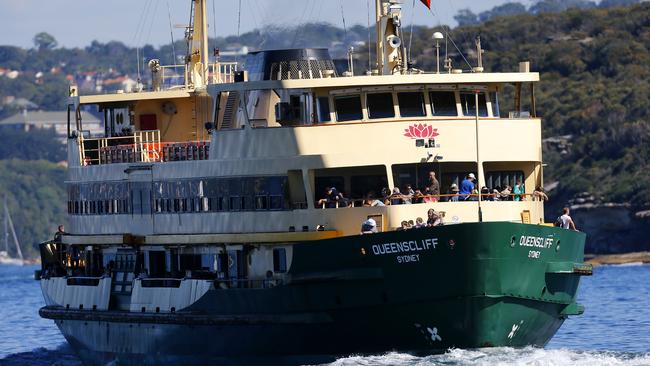
Manly
Don't miss out on the headlines from Manly. Followed categories will be added to My News.
- Controversial Seaforth bike trails to be pulled down by the council.
- $32m dementia care nursing home approved in fierce court battle.
The Northern Beaches Council has officially joined the fight to save the Freshwater class ferries, which are due to retire next year when Transport for NSW replaces the boats with Emerald class vessels.
At the meeting on Tuesday, councillors voted in favour of Deputy Mayor Candy Bingham’s motion, which asks the State Government to delay its decision as the council and Manly Chamber of Commerce create an assessment report, outlining how it would affect the region’s economy, brand and heritage.
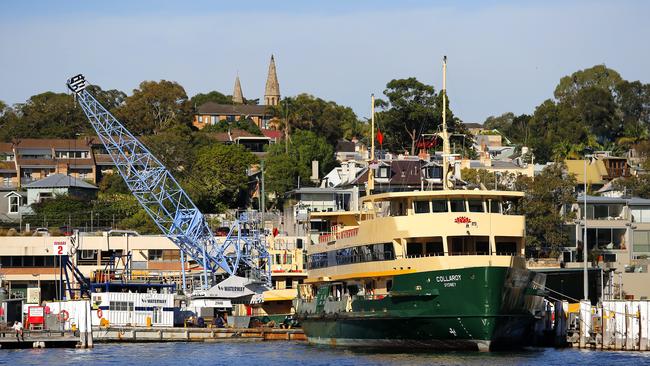
Council agenda papers state the F1 Manly ferry route is “the busiest in the country” and while Freshwater class ferries seat 1100 passengers, the Emerald class vessels only seat 400 passengers.
In the papers, Cr Candy Bingham also reveals concerns over whether Transport has “overlooked the tourist market with 2.8m people coming by ferry in 2019, 1 million of them international tourists.”
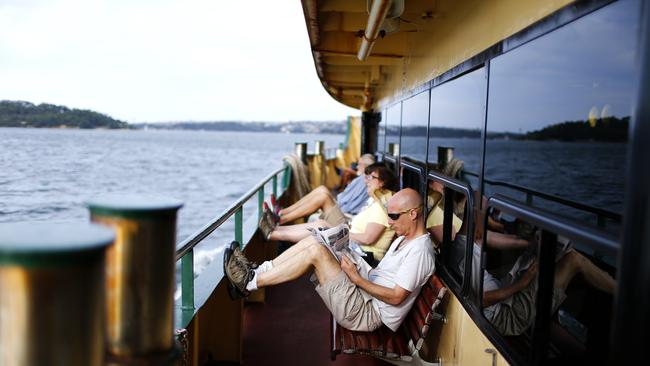
During the meeting Cr Bingham compared the ferries to the harbour bridge and opera house.
“These ferries are iconic. The reason it’s important to have specifically designed ferries is because of the head. These magnificent vessels plough through these large swells without issue,” Ms Bingham stated.
“These Emerald class just aren’t up to the task. My other concern is it will kill the Manly businesses and people will drive to the northern beaches and that’s an issue because there’s barely enough parking, so this affects all of us.”
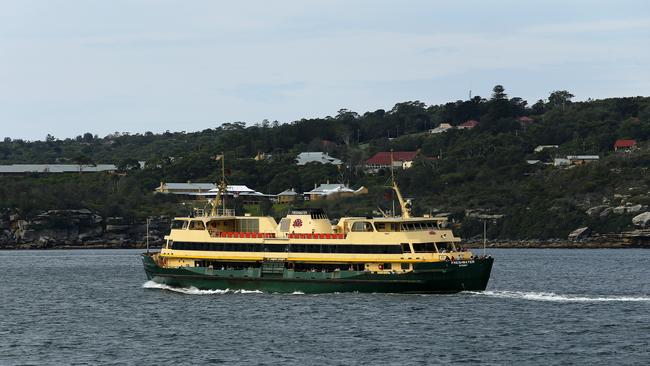
While councillors voted unanimously in favour of the motion Cr David Walton said he questioned Cr Bingham’s statement, that such a decision would “kill” Manly’s tourism.
“I do support the motion but I’d like some emotion taken out. It’s not going to be the death and destruction for tourism in Manly,” he said at the council meeting.
A number of residents also addressed the matter during the public forum.
Paul Garret said Transport’s decision was a “disgrace”.
“These ferries can operate for another 30 years. Let’s not forget what tourism brings to Manly,” Mr Garret said at the council meeting.
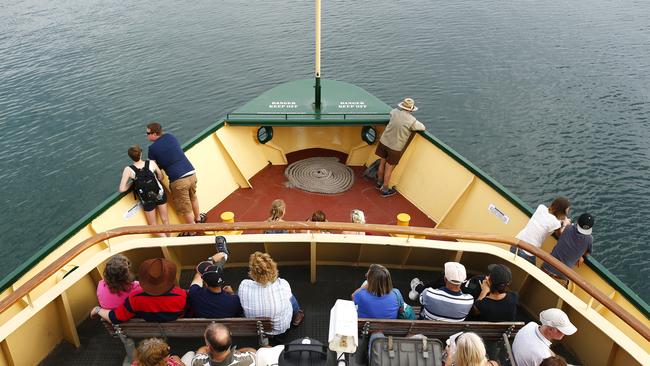
Manly Business Chamber representative Klaudia Browne said the organisation had grave concerns over the impact it would have on local businesses.
“It will significantly reduce the number of visitors and tourists. Therefore, Manly Business Chamber want to express its 100 per cent support of keeping the iconic manly ferries operational,” Ms Browne said at the meeting.
“The economic value the large ferries bring to Manly is enormous. It appears to us the focus is on the daily commuters and the tourist market that has been keeping Manly retail alive has been totally overlooked.
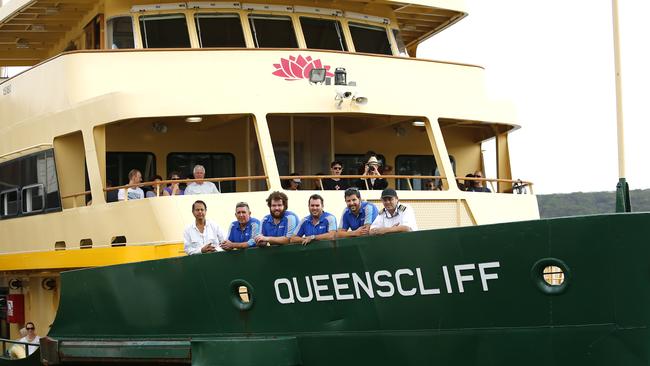
“First bushfires, then COVID. How much more should our local businesses suffer? Our petition to save Australia’s Manly ferries has gained major momentum and has got over 6000 signatures.”
The council decision comes after a top transport boss wrote an article in the Manly Daily, explaining why the iconic Freshwater class ferries need to be replaced by smaller, faster and more frequent boats, which would save taxpayers about $6 million a year in running costs.
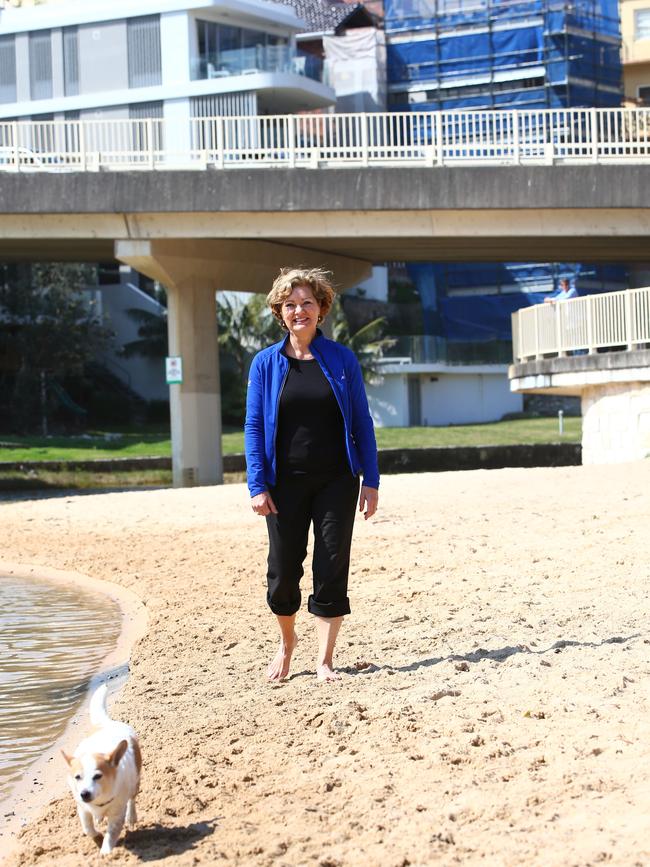
Howard Collins, Transport for NSW’s chief operations officer stated travellers “deserve better services”.
“Because of these faster vessels, 328 services will be added to the F1 Manly timetable each week – an increase of around 67 per cent,” Mr Collins wrote.
“You will only wait 10 minutes for a ferry instead of half an hour. The trip will also take only 22 minutes, eight minutes faster than the current journey.
“The Freshwaters can carry around 1000 customers, however, for the majority of days a year they run well below capacity. The Emeralds offer better value for money for taxpayers. They cost around 50 per cent less to run each hour when compared to a Freshwater.”
Mr Collins also stated contrary to some reports, the Emerald class vessels could deal with the wild weather.
“The new Emeralds are designed to handle swells of up to 4.5 metres and there are some conditions where these newer vessels can still run while a Freshwater would have been sidelined.”
